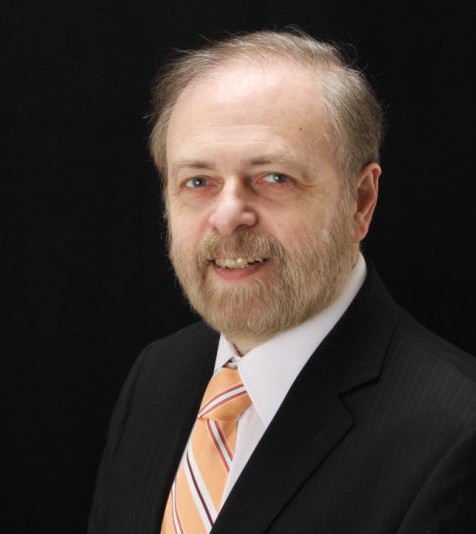By Rabbi Mordechai Levin
Rosh Hashanah marks the beginning of a 10-day period of prayer, self-examination and repentance, which culminates on Yom Kippur. These 10 days are referred to as Yamim Noraim, the Days of Awe, or Aseret Yemei Teshuvah, the Ten Days of Repentance.
The High Holidays – as they are frequently called in English – are a time for self-examination, consideration of our ethical responsibilities, resolve to do better, and an opportunity to restore relationships with other human beings and with God. It is a time for the sometimes difficult process of asking for and granting forgiveness.
Maimonides wrote (Yad, Hilchot Teshuvah 2:6) “Despite the fact that teshuvah (repentance) and crying out to God are always timely, during the ten days between Rosh Hashanah and Yom Kippur it is exceedingly appropriate, and is accepted immediately, as it says, ‘Seek God when He is to be found’ (Isaiah 55:6).”
Judaism teaches us to seek forgiveness. God’s forgiveness encompasses only those sins which man commits directly against Him, “bein adam la-Makom.” But those wrongdoings in which damage is caused to one’s fellow man, “bein adam le-havero”, are not forgiven until the injured party has himself forgiven the offender. Hence the custom of seeking forgiveness and correcting the wrongs we have committed.
In the Talmud (Taanit 20a-b) we read the following story about forgiveness. Once Rabbi Elazar the son of Rabbi Shimon, was coming from his teacher’s house in Migdal Gedor, riding on a donkey. He was traveling with a feeling of great joy and a sense of arrogance, because he had learned a great deal of Torah.
An ugly man happened upon him. The man said: “How are you rabbi?”
Rabbi Elazar did not respond. Rather, he said: “Empty one – how ugly this fellow is! Are all the people of your town as ugly as you?”
The man responded: “I don’t know, but you should go to the Craftsman who made me and tell him how ugly is the vessel that he made.”
Rabbi Elazar knew that he had sinned. He got off the donkey, prostrated himself before the man and said: “I have pained you. Forgive me.”
The man said: “I will not forgive you until you go to the Craftsman who made me and tell him how ugly is the vessel he made.”
Rabbi Elazar followed him until they came to his town. All the townspeople came out to greet the rabbi and they said: “Welcome, our rabbi and teacher.”
The ugly fellow said: “Who are you referring to as your rabbi?”
They said: “The one who is walking behind you.”
He said to them: “If this is a rabbi, let there not be more like him in Israel .”
They said: “Why?”
He said to them: “This is what he did to me.”
They said to him: “Nevertheless, forgive him because he is a great Torah scholar.”
He said to them: “For your sake I forgive him, but on condition that he not become accustomed to act this way.”
Rabbi Elazar internalized the lesson and asked for forgiveness. We have to do the same.
On this Rosh Hashanah, as we begin the Ten Days of Repentance, let us examine our relationships with members of our family and friends, with people we work or study with. How do we treat them? Do we have any forgiveness work to do in relation to them?
My best wishes for a year of life, health, fulfillment, justice and peace.
Shabbat Shalom and Shanah Tovah!
 is the rabbi of Congregation Beth Israel in Munster, IN. He received his rabbinic ordination from the Latin American Rabbinical Seminary, and is a member of the Rabbinical Assembly. In 2010, he was awarded an Honorary Doctorate of Divinity from the Jewish Theological Seminary in New York City for his years of dedicated service to the Conservative movement and the Jewish community...
is the rabbi of Congregation Beth Israel in Munster, IN. He received his rabbinic ordination from the Latin American Rabbinical Seminary, and is a member of the Rabbinical Assembly. In 2010, he was awarded an Honorary Doctorate of Divinity from the Jewish Theological Seminary in New York City for his years of dedicated service to the Conservative movement and the Jewish community...